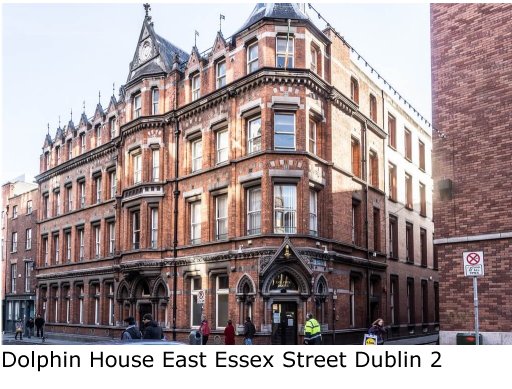
Legal Aid
Gavin Burke solicitors are on the legal aid panel of solicitors and undertake work in the Dublin Family Law District Court and adjoining areas. An intending applicant for legal aid must attend at the legal aid board office in Dolphin House (third floor) and bring with them their proof of identification (current passport or driver's license), utility bill, proof of income and court summonses to see if they qualify for legal aid. If you are successful in your application for legal aid you will have to pay a minimum monetary contribution to the legal aid board and you will be given a certificate for your chosen solicitor. We act for legal aid clients in respect of the following court applications:
- Domestic Violence cases i.e. Safety & Barring
- Guardianship Statement of Arrangements
- Access & Breach of Access Statement of Arrangements
- Maintenance Statement of Means
- Arrears of Maintenance
- Enforcement of Maintenance
- Passport applications
- Relocation cases
Applicants should be aware that there can be multiple appearances in these cases before the court will make final orders particularly in relation to access and custody cases when the Judge orders the appointment of an appropriate Assessor to carry out a Section 32 Report to ascertain the wishes of the child.
Applicants should note that if they are involved in a Maintenance case each party should fill out a Statement of Means for the court. If you are bringing an application for Guardianship, Access or Custody you will need to fill out a Statement of Arrangements as per the links above.
DOMESTIC VIOLENCE
If you are a victim of domestic violence you can attend at the Dublin District Family Law Court at Dolphin House, East Essex Street, Dublin 2 or your local district court office and apply for a Protection Order or Interim Barring Order as well as for full Safety or Barring Orders. No person should have to put up with domestic violence, psychological violence or coercive or controlling behaviour. Remember to report all such incidents to your local garda station and keep a diary of such incidents. The following persons may apply for orders under domestic violence legislation:
- Spouses may seek protection against each other
- Cohabitees who are not married but living together
- persons living together
- parents may seek protection against their children over the age of 18 years
- Civil Partners
- a health board
